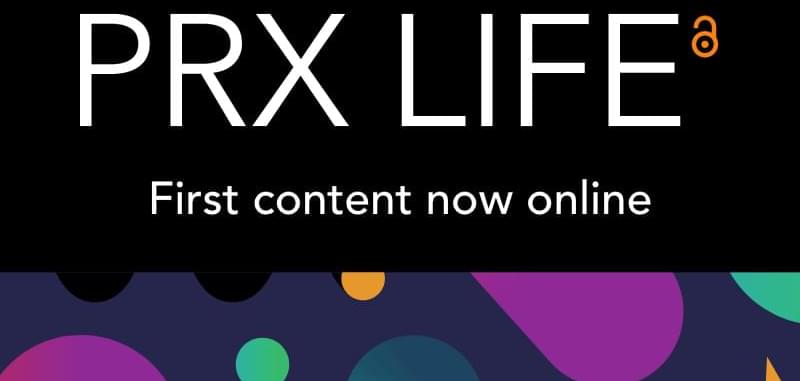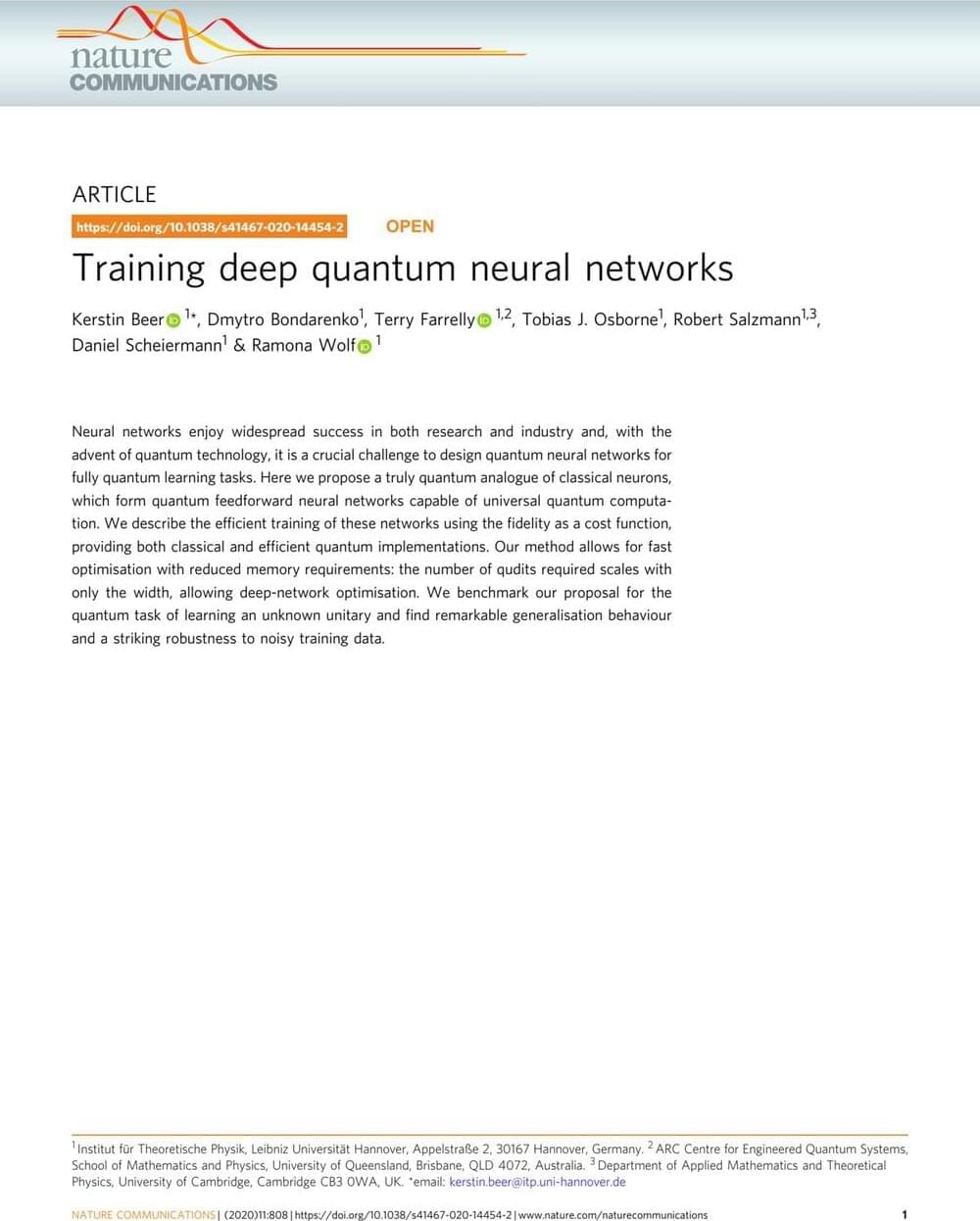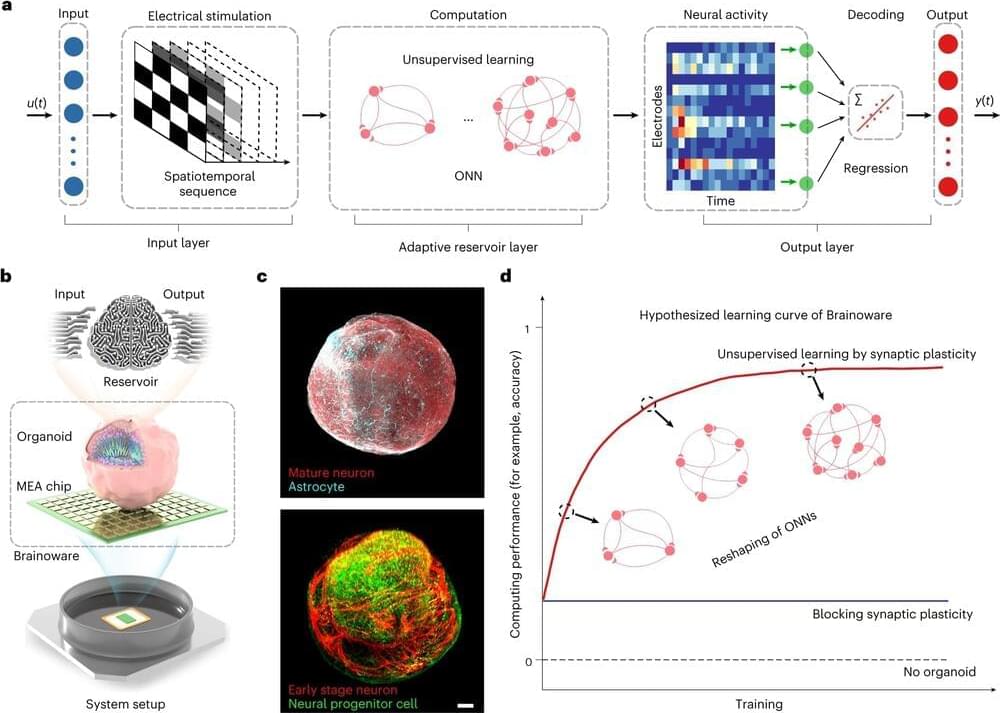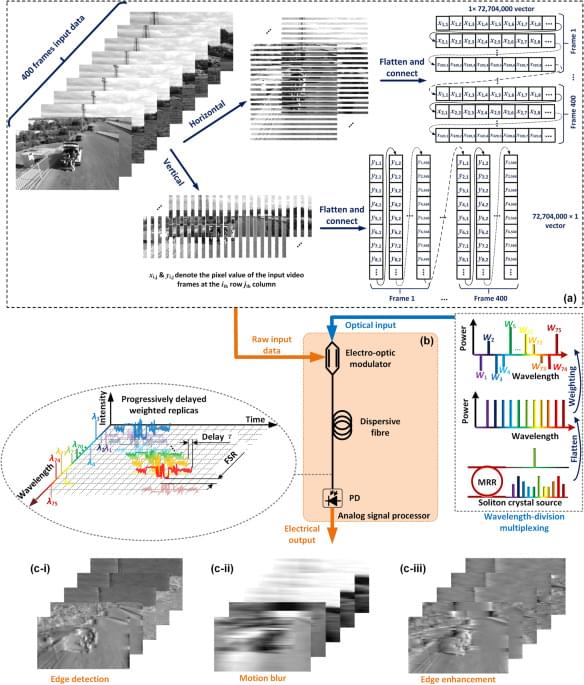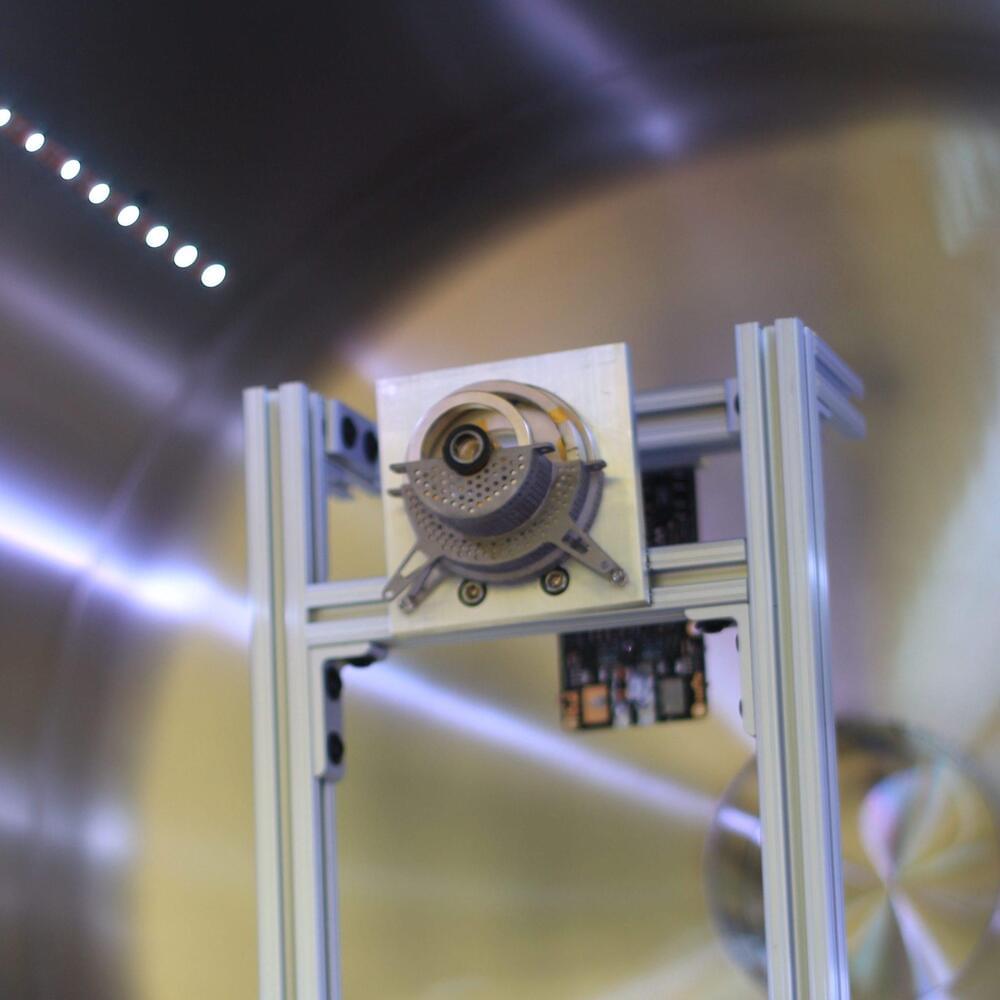Can machine learning predict chaos? This paper performs a large-scale comparison of modern forecasting methods on a giant dataset of 135 chaotic systems.
Chaos and unpredictability are traditionally synonymous, yet large-scale machine-learning methods recently have demonstrated a surprising ability to forecast chaotic systems well beyond typical predictability horizons. However, recent works disagree on whether specialized methods grounded in dynamical systems theory, such as reservoir computers or neural ordinary differential equations, outperform general-purpose large-scale learning methods such as transformers or recurrent neural networks. These prior studies perform comparisons on few individually chosen chaotic systems, thereby precluding robust quantification of how statistical modeling choices and dynamical invariants of different chaotic systems jointly determine empirical predictability.
